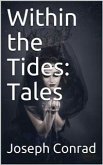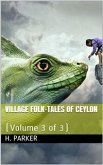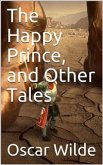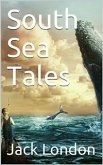Tales of Unrest is a collection of short stories by Joseph Conrad originally published in 1898. Four of the five stories had been published previously in various magazines. This was the first published collection of any of Conrad's stories. A reader will find many of Conrad’s most frequently explored themes: isolation, distinctions between East and West, between colonial and native, a discernment and critique of civilization. But these shorter works also reflect his sharp observation of human nature and his adept ability to dissect relationships. "Karain: A Memory" – similar in tone to Lord Jim, this also highlights the duality of Conrad’s views on racism. A Malaysian hero is memorialized by Western friends. Set in Brittany "The Idiots" is perhaps his most dated work, possibly more anachronistically non politically correct than his use of the “N” word. Here, Conrad describes a family cursed with mental illness in the French countryside and how the inchoate difficulties unravel the parents. Subtly disturbing. "An Outpost of Progress" – In the Heart of Darkness segment of his canon, this describes a trading post in the heart of the jungle. Deep up an in country river, two unlikely custodians, maintain an outpost and the tension of loneliness and of the suffocating forest gets to them both. "The Return" – may be the surprise jewel of this crown. Very much dissimilar to any of his works, like Amy Foster in that regard, far afield from any of his ubiquitous themes, this one will stay with me, partly because of the high quality of his prose and also partly because it is so out of character. His virtuosity with imagery and with psychological characterization is in full force in this novella (the longest work in the collection). Conrad captures the essence of the dynamics of infidelity that would make modern writers like Stephen King and Richard Mathieson envious. Yet at the same time, if looked at from a slightly different angle “The Return” embodies and fairly represents his body of work in that he examines as with a sharp instrument the subtle and fragile superficiality of what we call civilization. In tone and design this is also reminiscent of August Strindberg’s Miss Julie. "The Lagoon" – A very short work, almost a sketch of native power and influence. Reminiscent of Melville or Jack London’s south seas stories.
Bitte wählen Sie Ihr Anliegen aus.
Rechnungen
Retourenschein anfordern
Bestellstatus
Storno









